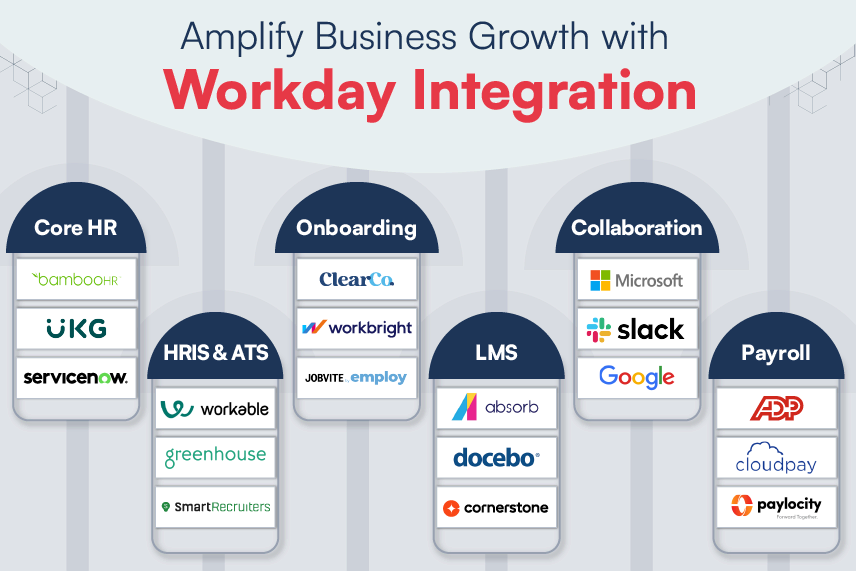
“Should I build a web app or a native app?”
There was a time ten or so years ago when a question like this regarding mobile app development was so easy that it did not even get asked! The implicit answer to the unasked question was, ” If your app required snazzy user interface, or was heavily dependent on intermittent states (as opposed to being largely stateless), or needed to accesses native phone features, go for a native mobile app. Browsers just cannot do any of those”. “Web app” was almost an oxymoron, right? Not any more.
Even as the iPhone revolutionized the mobile industry, the distinction between a native app and web app is slowly, but clearly blurring (pardon my own use of oxymoron here!). HTML5 is set to create a paradigm shift in the answer to “Should I build a web app or a native app?” because it takes care of all the three considerations to differing degrees. The user interface of HTML5 is superb (check out HTML5 games developed by us – works in select browsers, but works great!). HTML5 also has capabilities that enable it to save states much better (and even work offline for that matter).
Even access to native device capabilities would sooner be applicable to mobiles devices than desktops. In fact, with all the talk of HTML5 being selected over Adobe Flash for Apple’s iPhones and iPads, it is almost easy to forget that HTML5, of course will profoundly change our interaction with PC browsers as well. All desktop browsers will soon support HTML5. Internet Explorer 9 is slated to support HTML5, which will be a big win for HTML5.
Lately, mobile has begun teaching desktop a lot of things. The app store is one example (read a thought-provoking post by Subodh Bhide about the Windows 8 App Store, Windows 8 Store – Who are the favorites to be published?. Apple is also launching a Mac App Store in early 2011). HTML5 could be one of the key things that the desktop learns from mobile. Mobile browsers are not so entrenched in the old ways like desktop browser are, and can adopt HTML5 sooner than desktop ones (look no further than Apple Safari and Google Chrome for proof). People are coming to expect a lot more things from the mobile browser, strange as it may seem to anyone who was around in the Microsoft Windows CE days. Before we know it, HTML5 would have affected some serious changes in our industry. It could be the killer app, if ever mobile needs one more. More importantly, mobile will lead desktop to greater things. Desktop doesn’t have a choice, but to follow – like IE9 just did.





